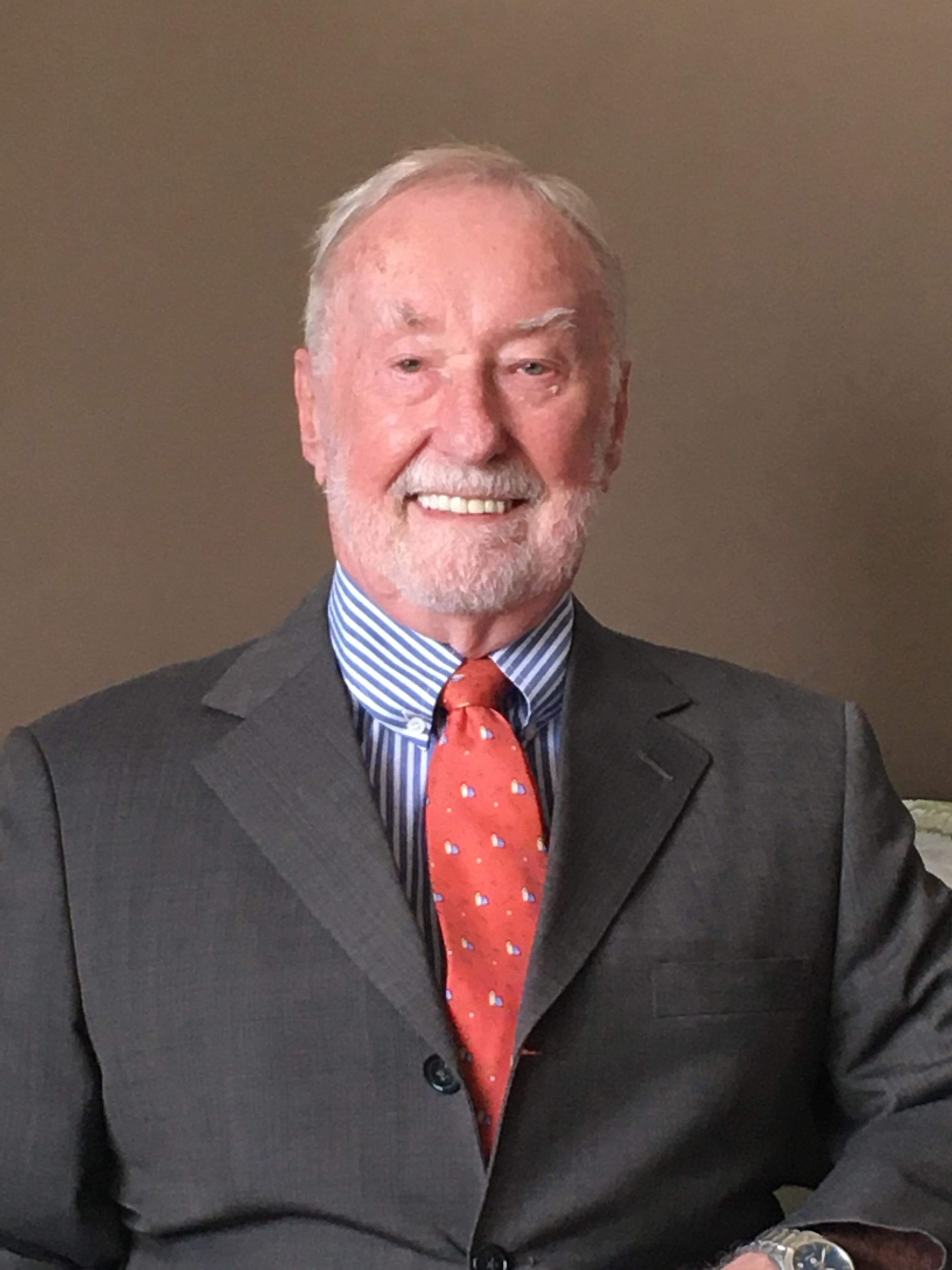- Joined
- Nov 24, 2008
- Messages
- 23,775
- Points
- 113
Singapore Tightens Anti-Money-Laundering ProceduresRisk from Chinese gaming criminals threatens banking systems across Asia
Still smarting from a massive money-laundering affair connected to a Chinese criminal gaming diaspora that occurred in August 2023, the Singapore government has acted to implement a multi-pronged national strategy involving the Police Force, the Central Narcotics Bureau, and the Corrupt Practices Investigation Bureau to address hazard and guide actions to combat money-laundering amid rapidly changing risks and criminal typologies. “As a trusted international financial center and business hub, Singapore takes a firm stance against money-laundering while remaining welcoming towards legitimate businesses and investments,” according to a statement from the Monetary Authority of Singapore (MAS) on October 30. “In that regard, Singapore continually monitors ML risks, and upholds an effective, risk-based, and calibrated AML framework.” In 2023, police arrested 10 China-born suspects, seizing assets eventually estimated at over US$2.8 billion including 152 properties and 62 vehicles with a total value of more than S$1.24 billion and bank accounts containing more than S$1.45 billion. The scandal led to stricter scrutiny by the authorities of Singapore and China of family offices, particularly Chinese ones, as wealthy individuals sought to get their money out of China and place it overseas. The number of family offices – privately held companies set up to handle investment and wealth management – has fallen sharply, with stricter regulations, and an approval period now taking at least 18 months, slowing a flood that according to the MAS had grown to more than 1,500 by 2022, with 200 more awaiting approval to open in 2023. “The review, drawing lessons from the major money laundering case in August 2023, was convened to ensure that our system remains relevant against increasingly sophisticated criminal tactics, the MAS said. “It focused on five key areas: How to better prevent money launderers from misusing corporate structures, how financial institutions can enhance their controls and collaborate more effectively with one another and the authorities to guard against and flag suspicious transactions, how other gatekeepers in the system, like corporate service providers, real estate salespersons and estate agencies, and precious stones and precious metals dealers can better guard against ML risks, including the adequacy of the existing regulatory framework over these players, how to better centralize and strengthen monitoring and sense-making capabilities across government agencies to detect suspicious activities; and how to strengthen enforcement levers and capabilities to enable firm and decisive actions against money launderers, including depriving them of ill-gotten proceeds.” The strategy is based on building on platforms with other authorities and international counterparts to detect and investigate money laundering and leverages digitalization and technology for more effective investigative tools. Authorities said they will continue to pursue criminal assets moved into and out of Singapore, strengthen capabilities in tracing and recovering virtual assets, and ensure stricter enforcement of the cross-border cash reporting regime. As Asia Sentinel reported on October 31, banking and law enforcement officials face formidable challenges in Hong Kong, Singapore, and other jurisdictions in the face of international criminal networks that span mainland China and much of Southeast Asia associated with online gaming which have spun out into not only the Philippines but Cambodia, Myanmar, the Marshall Islands, and other countries, with tens of thousands of luckless victims kidnapped or otherwise forced to operate gaming, investment, and sex scams that have ensnared millions of mainland Chinese looking for a gaming outlet via the internet, only to find themselves deep in credit card debt with no recourse. The cost to Chinese citizens from these scams has infuriated Chinese President Xi Jinping, who called on Cambodian officials to shut them down in the coastal city of Sihanoukville, whereupon thousands of mainlanders picked up and left. They have also been a problem in Myanmar border areas, where Chinese officials have called for a crackdown. With Philippine President Ferdinand Marcos Jr agreeing with Xi’s call for increased regulation of the Philippine online gaming operations, known as POGOs in the Philippines, they may be on the move again, according to the trade publication Asia Gaming Brief, with “emerging countries in the Asia-Pacific region such as Timor-Leste, Vanuatu, and Papua New Guinea, as potential relocation targets” – countries where regulation is scanty and some officials are malleable. “In the Philippines and Singapore, the regulators and law enforcement are doing the best they can to counter money laundering. Both governments are serious about making a difference, but with the serious amount of money that is being generated by criminal activity, you have to have enough trained analysts to handle this,” said Matthew Friedman, chief executive officer (CEO) of the Mekong Club, a Hong Kong-based NGO that combats human trafficking in the Asia Sentinel article on October 31. There was no better example than the money-laundering ring that Singapore officials broke up in August 2023. Members of the ring were tied to a major Philippine online gaming operation in Tarlac, north of Manila, connected to Alice Leal Guo, the mayor of the city of Bamban. Two of the incorporators of Guo’s company Baofu Land Development, the compound where the firms were located, are Chinese national Zhang Ruijin, who was convicted in April for money laundering in Singapore, and Lin Baoying, who carries a Dominican passport and is also facing charges in Singapore. Guo is also listed as an incorporator in the company, along with Filipino national Rachel Joan Malonzo Carreon and Cypriot national Zhiyang Huang. Zhang and Lin were implicated in a money-laundering ring broken up last August by Singapore authorities, who said it was the biggest such case in their history. On August 15, police arrested nine men and one woman, all originating from Fujian province in China, in a case that left Singapore authorities scrambling to determine how to turn off the ability of foreign nationals to push billions of illicit money through the financial system without detection. Guo denied knowing about her partners’ background, telling lawmakers that she had only learned about their criminal records through social media posts by a lawmaker the day before by checking them out on the Internet. Subsequent Philippine congressional hearings have discovered that Guo was actually born in China and played a much wider role than she professed to. Another Filipino political figure, Harry Roque, a former spokesman of former Philippines Rodrigo Duterte, was included among the respondents in a complaint filed in the Philippines on October 28, reported Inquirer.net on October 29. The complaint was filed by the Presidential Anti-Organized Crime Commission (PAOCC) and the Philippine National Police-Criminal Investigation and Detection Group against suspects involved in an illegal POGO in Porac, Pampanga, which was raided in June. On October 31, Filipino authorities raided a POGO in Bataan which was suspected to be involved in criminal activities, resulting in 57 foreigners and 358 Filipinos rounded up, according to Filipino media reports. “Such crimes will continue to evolve and remain a threat to all international financial centers,” the MAS said in its news release describing the measures. “Singapore will continue to enhance our defenses by adopting risk-proportionate measures to detect and deter criminals, safeguard our institutions and systems, while ensuring that we remain welcoming to legitimate investors and businesses.” |



